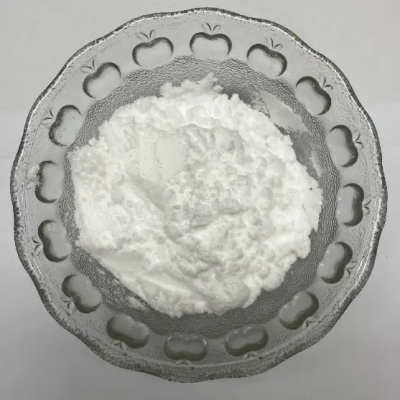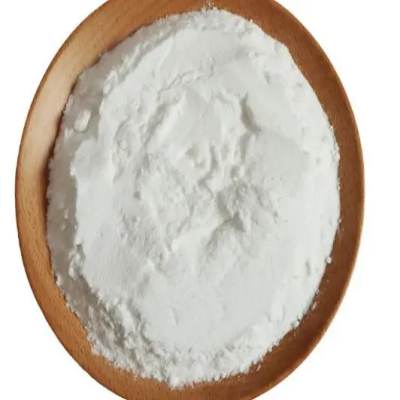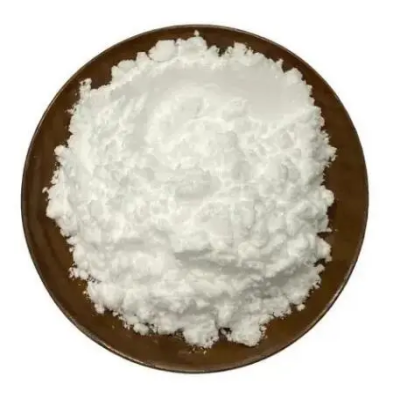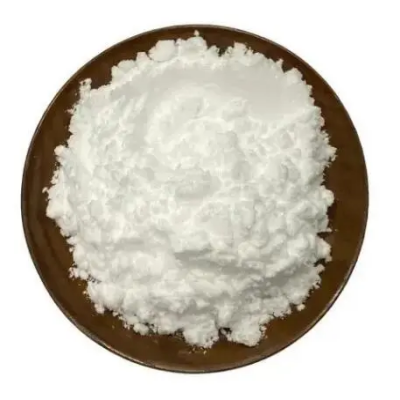5′-cytidylate monophosphate CAS:63-37-6
5'-Cytidylate monophosphate (CMP) is a nucleotide derived from the combination of the nitrogenous base cytosine, a ribose sugar, and a single phosphate group attached to the 5' carbon of the ribose. It serves as a fundamental component of ribonucleic acid (RNA), where it pairs with guanine during RNA synthesis, contributing to the overall structure and function of RNA molecules. As part of RNA, CMP is crucial for translating genetic information from DNA into proteins, facilitating the expression of genes necessary for cellular activities. In addition to its structural role in RNA, CMP is involved in several important metabolic pathways within cells. One key aspect is its participation in the synthesis and degradation of nucleotides. CMP can be phosphorylated to form cytidine diphosphate (CDP) and subsequently converted to cytidine triphosphate (CTP) through additional phosphorylation. CTP is another critical nucleotide used in RNA synthesis and is involved in lipid biosynthesis processes, highlighting the interconnectedness of nucleotide metabolism. Moreover, CMP plays a role in the regulation of cellular energy levels. It can participate in energy transfer processes through its involvement in reactions that generate adenosine triphosphate (ATP), the primary energy currency of the cell. This aspect of CMP underscores its importance in maintaining cellular function and supporting metabolic activities. Research has also explored the potential therapeutic applications of CMP and its derivatives. For instance, certain CMP derivatives exhibit antiviral and anticancer properties. By mimicking natural nucleotides, these derivatives can interfere with viral replication or inhibit tumor cell growth. This application makes CMP and its analogs significant in the development of new therapeutic strategies. Furthermore, CMP is utilized in various laboratory techniques, such as polymerase chain reaction (PCR) and other molecular cloning methods. Its incorporation into synthetic RNA molecules aids in studying gene expression and functional genomics, making it an invaluable tool in molecular biology research. Additionally, studies have indicated that CMP may play a role in modulating immune responses. Certain investigations suggest that CMP can influence cytokine production and enhance immune cell activity, which could have implications in developing vaccines and immunotherapies. In summary, 5'-cytidylate monophosphate is a vital nucleotide with diverse functions in cellular metabolism, RNA synthesis, and energy transfer. Its involvement in nucleotide interconversion and potential therapeutic applications highlights its significance in biochemistry and medicine. As ongoing research continues to illuminate the multifaceted roles of CMP, it may lead to innovative approaches in understanding cellular processes and developing novel treatments for various health conditions.



| Composition | C9H14N3O8P |
| Assay | 99% |
| Appearance | white powder |
| CAS No. | 63-37-6 |
| Packing | Small and bulk |
| Shelf Life | 2 years |
| Storage | Store in cool and dry area |
| Certification | ISO. |









